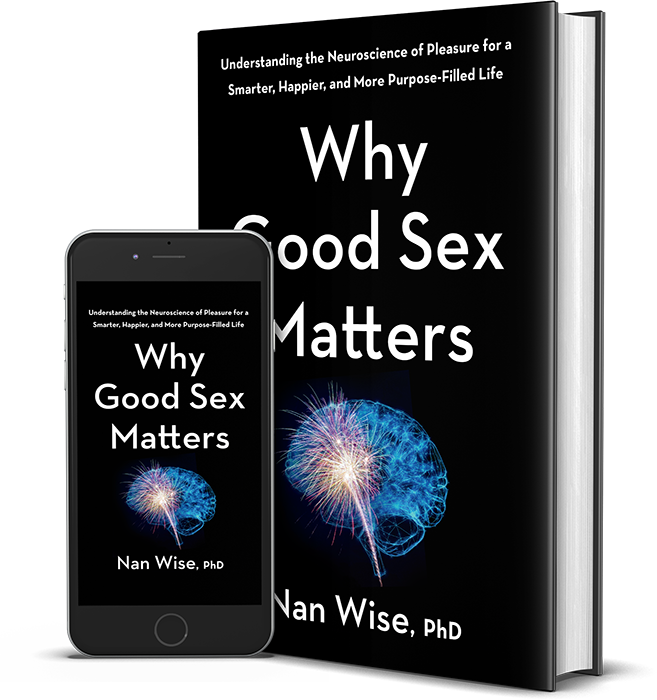In the few months since the supreme court overturned Roe v. Wade, we have been dealing with waves of distress emanating from all directions.
In addition to my upset (which is considerable, motivating me to pen this post as an attempt to actively cope), my clients, friends, family, strangers in the supermarket, and followers on social media have all been reeling in the wake of the supreme court decision–not to mention grave concern about the repercussions of where this may be leading us. What’s next?
Some of what appears to be heading for the chopping block:
Gay marriage. Rights for people to decide who they can be in terms of gender identity. Access to contraception. The banning of certain forms of fertility treatments. Denial of care for ectopic pregnancy crises and further erosion of health care quality for women. The list goes on.
How are we going to have choices, as women, about our reproductive rights?
We are a nation already divided by politics, apparently stressed beyond our resources following the pandemic long-haul, which itself wreaked unprecedented havoc on our everyday lives. And now, we are navigating a challenging economy that threatens to destabilize our finances further and our means to provide for our families. How does this leave us feeling?
Burnt out, sad, mad, enraged, disillusioned, traumatized, deflated, and in despair, for starters.
What can we do with these feelings to actively cope and push back?
What’s active coping?
Simply put, active coping involves taking concrete actions that draw upon our inner resources to help create changes in the situation that help us feel empowered, even if those changes are focused on shifting perspectives when actions may not be feasible. Active coping helps us stay engaged with problem-solving to create the internal and external resources we need to navigate the challenges.
Here are some ways we can take motivated action, from personal to political.
- Defend your rights: Donate money to organizations that support abortion rights.
For those of us old enough to recall life before Roe v. Wade, this reversal comes as a body blow. It is important to remember that women (and the men who support the cause of women’s rights) have made huge strides before, and we can again! In the wise words of a 20-year-old client, “we young women aren’t going to take this sitting down.” Get mad and get loud and get active. Put your donations into action. Or volunteer to help fundraise for the causes fighting the good fight.
- Educate ourselves and each other about the issues.
In our country, abortion rates have been declining, likely because we have had more access to effective birth control and morning-after medications as options. Abortion, however, remains a relatively common procedure in America: Approximately one out of four women will have an abortion by age 45. That’s a lot of us! Rates vary considerably among race and ethnicity, likely due to racism and discrimination that make access to high-quality and affordable health care more challenging.
There are two time periods in our lives where we are more likely to end up with an unwanted pregnancy; early in our reproductive years (say ages 20-24), when we haven’t quite mastered contraceptive practices and aren’t yet ready for parenthood, and conversely at the very end of our reproductive years when we are experiencing the kind of hormone fluctuations which can play havoc with our cycles.
Making sure that our sisters, daughters, mothers, friends, and partners have access to this information will help people anticipate and prepare for these risky periods and gain access to the resources to navigate them.
- Speak up: Destigmatize abortion by sharing our stories.
The #MeToo movement was a big call to action to stand up against sexual abuse, harassment, and rape culture. It was a global wave of speaking to power, sharing truths to release shame, and holding perpetrators accountable.
Perhaps we might consider creating a movement to destigmatize abortion by saying, #UsToo. Many of us have had abortions. We are not in this alone. And deciding to have an abortion is a heartbreaking, wrenchingly difficult choice for any woman to make, but we women are faced with having to make many difficult choices over our lifetimes.
Here is my #UsToo abortion story. I, Nan Wise, during my reproductive years, had two abortions, one early in the game, and the other, at endgame time when a vasectomy failed.
And accidents happen even if your unwanted pregnancy doesn’t occur during the two “higher-risk” periods of our reproductive lives.
Condoms break, and contraception methods, even the pill, can fail. Who can recall the “Today Sponge,” a contraceptive method immortalized by the character Elaine on the show Seinfeld? That method was less effective than touted and was taken off the market, but not before I managed to conceive my beloved second child during the first week of using it. And let’s face it if you figure that, on average, women can be fertile for approximately three decades, there are a lot of opportunities for mishaps or slip-ups to occur.
And unfortunately, as we too well know, women don’t always get to plan when and if they have sex. The idea that a woman who is the victim of sexual abuse or rape is forced, under these conditions, to carry a pregnancy to term against her will if abortion is unavailable is unconscionable and quite frankly inhumane.
From the personal to the political
As I write this, I am anxious. Revealing my abortion history feels scary. In addition to the current political climate, where some people are quick to judge and potentially threaten those whose ideas conflict with their beliefs, I have been trained to be professional.
But here is my truth. I feel called to speak up. As a sixty-five-year-old woman, way beyond my reproductive years, I look back at these choices with sadness but not regret. I made those choices because they were the right ones for me at the time. I was fortunate enough to receive proper medical care, courtesy of abortion being a legal right protected by The Roe v. Wade decision.
But many American women will not be afforded the freedom of choice. Let’s push back together.



